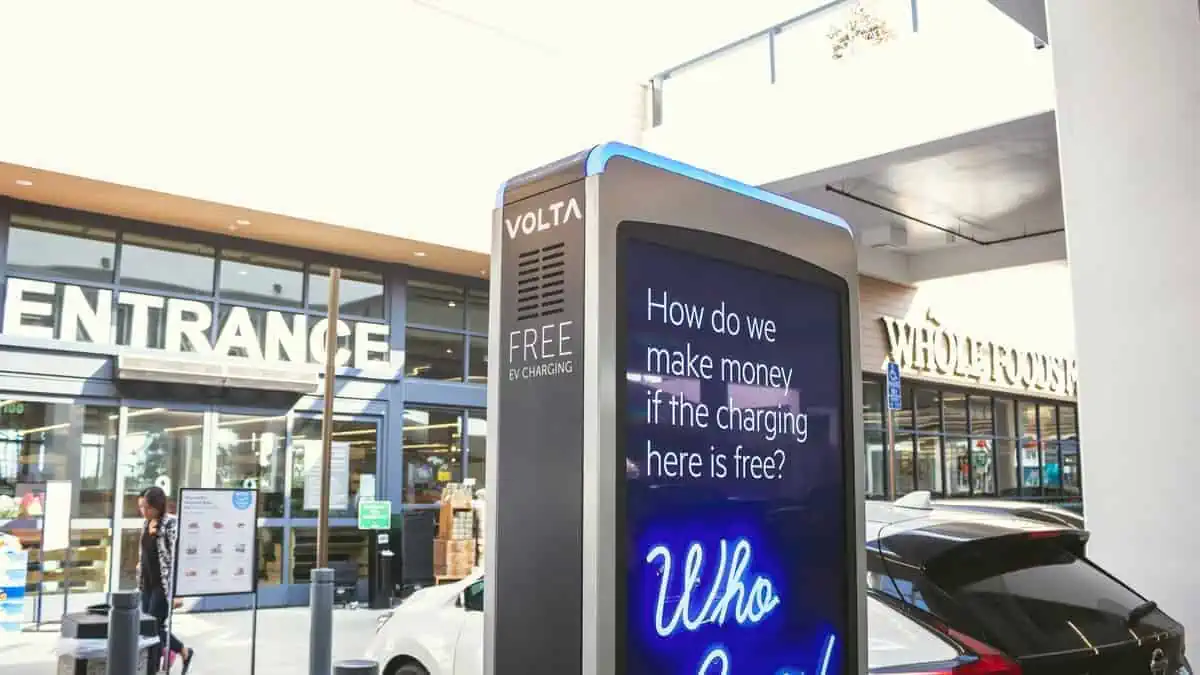The US Department of Transportation announced on September 27 that it had authorized plans for electric vehicle charging stations covering about 75,000 miles of highways in all 50 states, Washington, D.C., and Puerto Rico.
Teslarati reported that President Joe Biden’s plans to expand the number of electric vehicle chargers available are now set in motion after Congress passed a significant $1 trillion infrastructure bill in November 2021.
As part of the bipartisan infrastructure agreement, the Biden administration committed $5 billion to finance EV chargers along interstate highways over a five-year period. States submitted their proposals to the Joint Office of Energy and Transportation under the National Electric Vehicle Infrastructure Formula Program plan.
Since the Department of Transportation declared that there is now around $1.5 billion available, this will more than triple the amount of funds accessible to each state.
Notably, the infrastructures for charging electric vehicles are constantly being improved by the states. That said, some regions will require more chargers than others, depending on the population and total market share of electric vehicles.
Earlier this year, US Secretary of Transportation Pete Buttigieg reportedly asserted that the States would take greater responsibility for their own installation of the charging stations subjected to some mandated guidelines.
“We’re not going to dictate to the states how to do this, but we do need to make sure that they meet basic standards,” U.S. Transportation Secretary Pete Buttigieg stated.
Furthermore, the States are encouraged by the Department of Transportation to provide DC Fast Chargers with at least four plug-ins that can be used concurrently. Along interstate routes, chargers should be accessible every 50 miles. In addition, chargers off the main road must be installed no more than one mile from the interstate.
It is worth noting that only four-fifths of the overall installation expenses for EV charging will be covered by federal subsidies. States are entrusted with covering the remaining portion of that bill, only contributing 20% of the overall expense.
On August 2, the White House received the initial drafts of the plans for installing EV infrastructure. Earlier this month, 32 of the 50 states have already received permission.
The Bipartisan Infrastructure Law allotted $7.5 billion for the expansion of the EV charging network. Meanwhile, projects for public EV charging will be funded with the remaining $2.5 billion. Additionally, it includes a $7 billion commitment to boost domestic mineral procurement for EV batteries and components.
“We have approved plans for all 50 States, Puerto Rico and the District of Columbia to help ensure that Americans in every part of the country — from the largest cities to the most rural communities — can be positioned to unlock the savings and benefits of electric vehicles,” Transportation Secretary Pete Buttigieg said in a statement.






